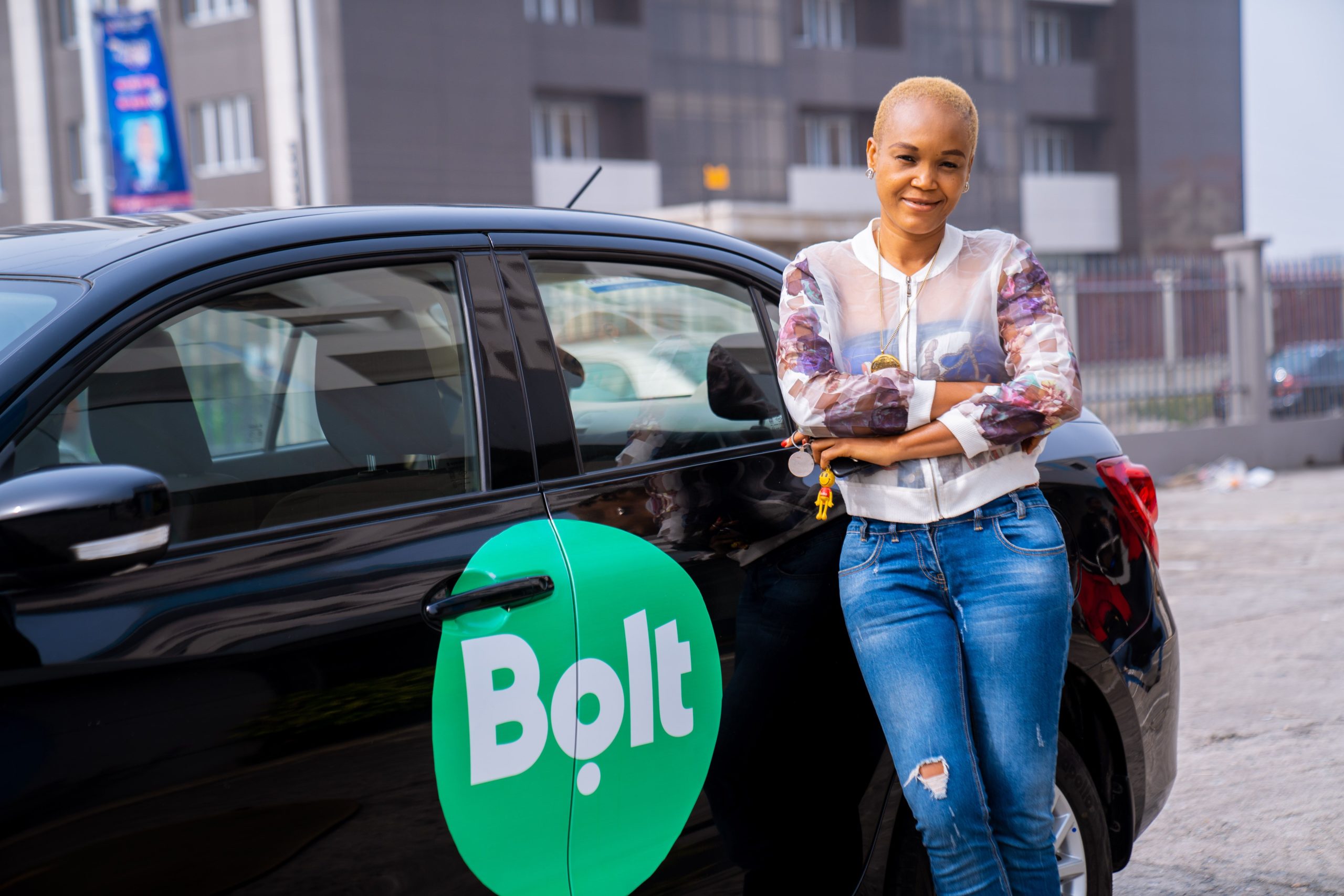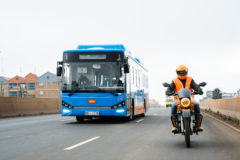Bolt is taking a stringent approach to safety following years of a tainted reputation in Kenya.
Bolt, an Estonian ride-hailing company, has expelled over 5,000 drivers in Kenya due to non-compliance and safety-related issues in a bid to tighten safety on its platform. Bolt discontinued the accounts of the affected driver partners over the last six months. The e-cab company, which has a presence in over 15 towns and cities in Kenya, adds that it will invest KES 20 million ($130,000) in safety-related practices.
A few weeks ago, the National Transport and Safety Authority (NTSA) asked the ride-hailing firm to explain how it would address driver and rider safety concerns that have been raised over the years, which have included instances of drivers physically assaulting passengers and unauthorised selling of Bolt driver accounts to third parties. The directive was a prerequisite for Bolt to receive its annual license renewal. The company later stated that it had developed a plan to ensure safety on its platform and discontinued the controversial “booking charge” it had introduced earlier, which had caused disagreements among drivers and customers. “We understand the trust our users place in us, and we are taking proactive steps to ensure their well-being during every ride,” said Linda Ndungu, Bolt Kenya country manager.
To this end, Bolt says it is improving safety with internal measures, including a randomised driver selfie check. It will also offer training for riders and drivers, and enforce strict compliance while suspending violators. The company adds that it has enhanced reporting tools to make it easier to report safety concerns. “Bolt has also intensified its efforts to enforce platform guidelines. Any driver or rider found in violation of safety standards as well as being non-compliant will face swift and decisive consequences, including permanent suspension from the platform,” Bolt clarified in an emailed statement.
Bolt Kenya has been facing driver dissatisfaction due to its commission rates exceeding the government’s suggested 18%, including booking fees. Some driver partners have been linked to assault and incidents of sexual harassment that have tainted the platform’s reputation.





















